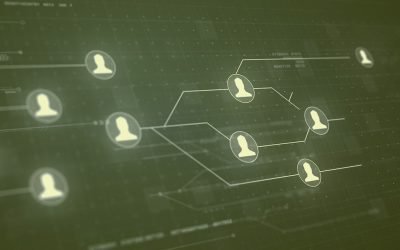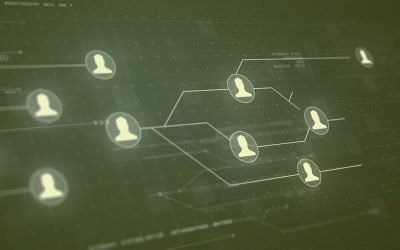
Learning from Action method on the boundary between the GR and the TCs’ culture
Introduction and roots | Dia 1, 2 and 3
This documents stems from my desire to reflect on the Learning from Action method that’s an innovative exploration of GR event, and its meaning in the Group Relations and Therapeutic Communities cultures, following from R. Hinshelwood, E. Pedriali and L. Brunner’s previous contributions on this kind of learning experience, published in 2010 on the OPUS journal.
Learning from Action stems from the meeting between the GR model and the TCs culture, and is aimed at exploring activities and actions of daily life as a form of unconscious and non verbal communication.
Dia 2
The idea for this residential learning experience came in 2000 from the encounter between Hinshelwood and Pedriali, who lead the first 7 editions of this event that has been always in Italy. Since our colleague and friend Pedriali sadly passed away in 2009 the workhops came to halt. During a International Memorial Conference i have organized on behalf of Il Nodo Group Association in 2010 in Milan with as key note speaker Kennard Triest Hinshelwood and others, there was much discussion around this methodology. I felt the call to prevent the death of this initiative. Il Nodo Group that is 17 years that organize GRC in Italia, welcomed my interest in exploring this innovative GRC.
The first 7 editions of the workshop had Hinshelwood as director and Pedriali as associate director. In a new series of events Hinshelwood continued to be the director and I took the role of associate director. More recently I became director of the last 4 events and G. Boldetti a woman director of TC for adults took the role of associate director, meanwhile R.Hinshelwood has the role of scientific supervisor.
Aims, structure and primary task | Dia 4
LFA conference offers partecipants an opportunity for direct learning through 3 days of community living. It is designed in order to develop new thoughts and practises for those who work in residential institutions, and within mental health services, in various roles such as consultants, psychologists, psychotherapists, psychiatrists, neuropsychoatrists, social workers, etc.
Dia 4 This Working Conference* has a double porpose:
- To train partecipants to observe and learn to understand the “language of actions” dia 5
- To explore and become aware of the interpersonal, inter groupal, organizational, institutional dynamics and factors, manifest of latent, which are active in decision making processes.
Janet Chamberlain, past nurse at the Cassel Hospital and staff member in both the first and the second series of Working Conference, commented on the conference in 2013: “Shared activities followed by reflective spaces provide an opportunity to experience becoming part of something (a group, a new community), whilst at the same time thinking about the issue of responsibility, decision making and the role of the staff within the process.”
The main themes for the Learning from Action Working Conferences are: decision making and accountability.
In the course of the Conference 3 activities sub groups are formed(usually 10-15 partecipants each group of activities), which take charge of practical tasks, in order to fulfil the survival needs of the temporary learning community. Such activities are:
Dia 6
- Meals preparation
- Management and cleaning of communal areas…
Read full version
Thanks to authors’s contribution this scientific article is free. To download the integrated version it is necessary to become a member of the network.
Article author
Luca Mingarelli
Contribute by enriching the contribution
You May Like
Therapeutic communities and group analysis
Introduction This paper will review the literature on democratic therapeutic communities and group analysis, and highlight the theoretical and clinical similarities between democratic therapeutic communities and group analysis. The paper will compare classic...
Therapeutic communities enter the world of evidence-based practice
Summary This editorial provides the modern-day context for a long-established psychiatric treatment, democratic therapeutic communities. As this treatment is now such a small field in psychiatry, readers may not have enough background to be able to place the research...
Learning from Action method on the boundary between the GR and the TCs’ culture
Introduction and roots | Dia 1, 2 and 3 This documents stems from my desire to reflect on the Learning from Action method that's an innovative exploration of GR event, and its meaning in the Group Relations and Therapeutic Communities cultures, following from R....






0 Comments